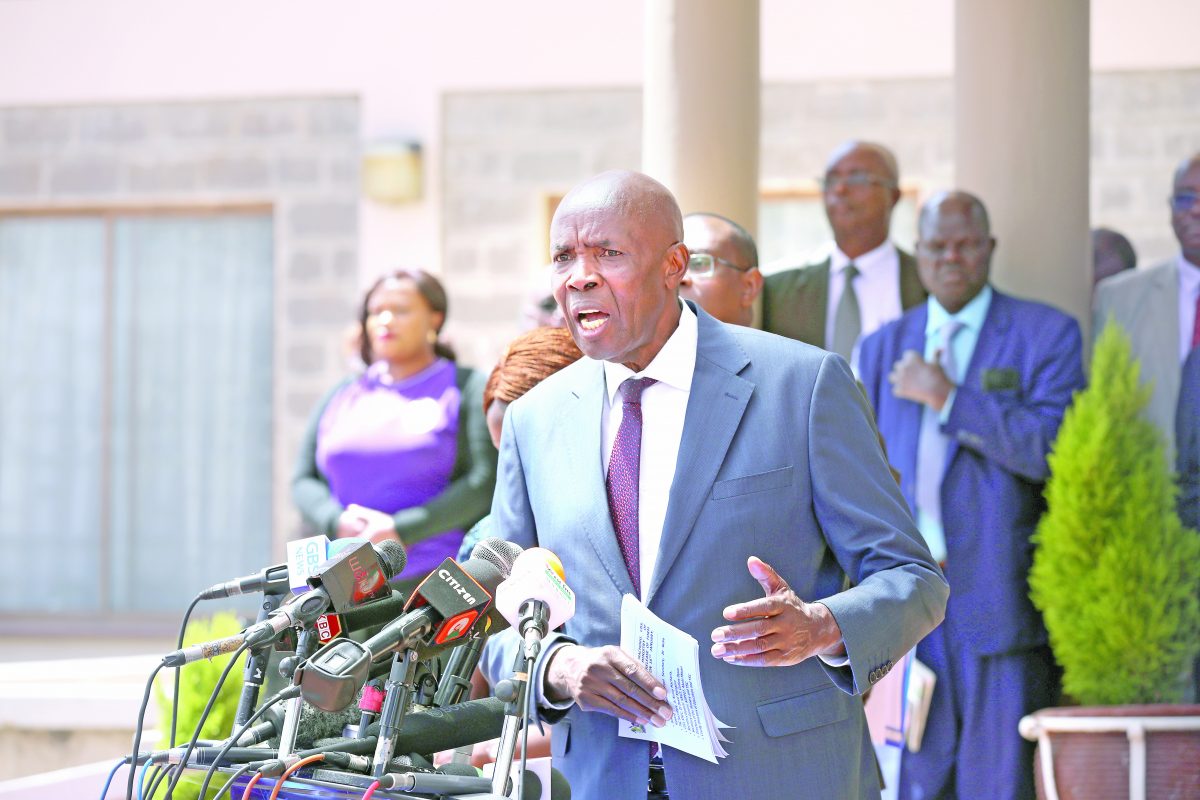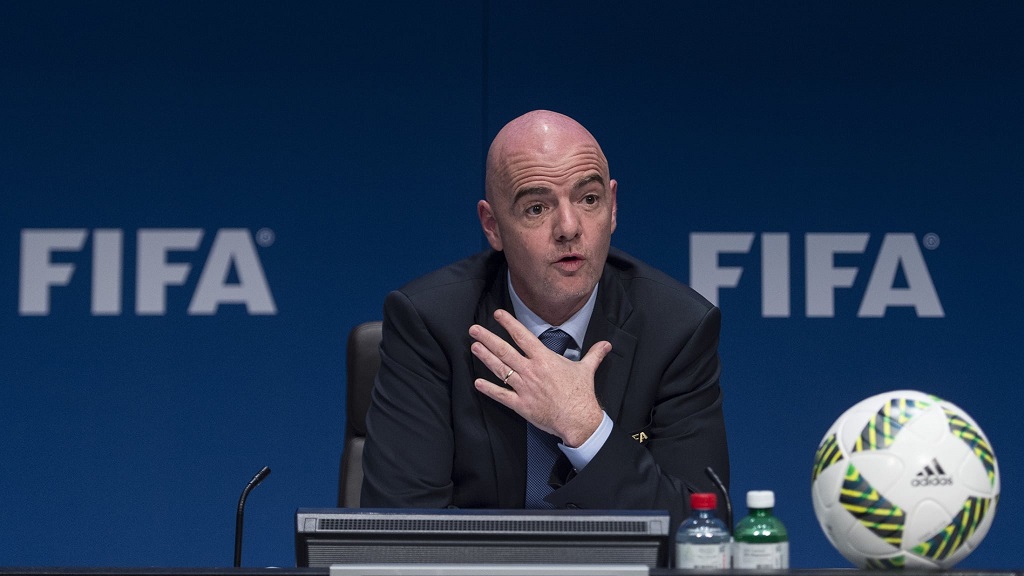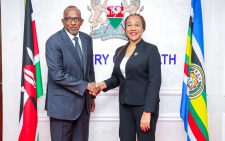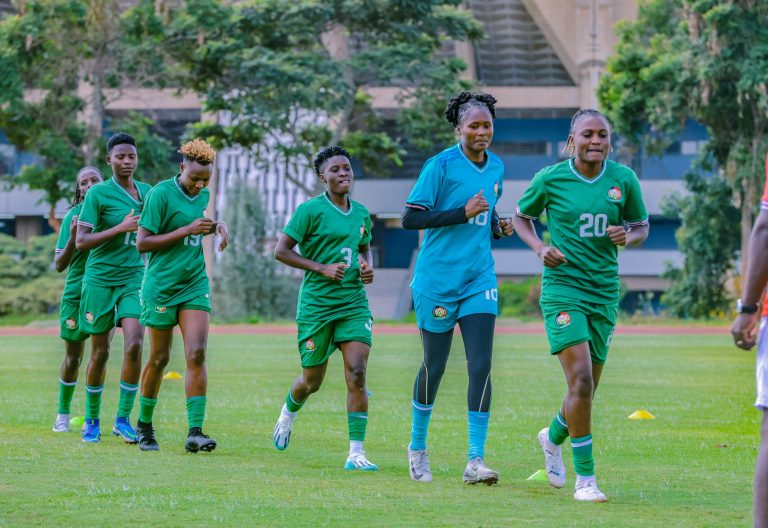Bright, needy students to benefit from scholarship

The Ministry of Education has rolled out the countrywide scholarship selection process, which will see 9,000 bright but needy learners, who sat the 2023 Kenya Certificate of Primary Education (KCPE) examination get secondary education.
The Director for Project Coordination and Delivery, Elijah Mungai said that the Elimu Scholarship programme targets bright, needy and vulnerable learners in all the 47 counties, including informal settlements in urban areas.
“The Elimu Scholarship programme is part of the government’s efforts to ensure transition, retention and completion of secondary education among learners from poor, marginalized and vulnerable family backgrounds,” said Mungai.
He spoke at Athi River on the sidelines of learners’ interview, who had applied for the scholarships.
The Elimu Scholarship programme is fully financed by the Government jointly with the Global Partnership for Education, under the Kenya Primary Education Equity in Learning (KPEEL).
Form one selection
Education Cabinet Secretary, Ezekiel Machogu said last month when he released Form One selection and placement results that the Government, through the Ministry of Education, has been providing full secondary education scholarships to deserving learners every year, since 2020.
This has been under Secondary Education Quality Improvement Project (SEQIP) and KPEEL programme where, so far, a total of 37,574 scholarships have been awarded to poor, vulnerable and marginalised learners across the country.
“I am happy to announce that the Ministry of Education through, Jomo Kenyatta Foundation and the Equity Group Foundation, is awarding a total of 14,426 Elimu Scholarships funded under the KPEEL programme in all 47 counties. The scholarships will be awarded to vulnerable and marginalised learners from economically and educationally disadvantaged backgrounds, who attained 280 marks and above in the 2023 KCPE examination,” said the CS.
For affirmative action, Machogu explained that candidates with special needs and disabilities who attained below 280 marks will be eligible.
The CS said that refugee learners from camp-based schools, who attained 240 marks (girls) and 250 marks (boys) will also benefit from the scholarship and this will bring the number of scholarships provided by the Government to vulnerable and marginalised learners since 2020 to 52,000.
Machogu stated that the demand for the Government scholarship support under the SEQIP and KPEEL Programmes has continued to increase annually since 2020.
“The increasing demand has to be addressed to avoid further disparities in access to secondary education. I wish to therefore encourage other partners in the education sector to step in and provide scholarships to our needy learners to ensure we achieve the 100 per cent transition policy and leave no child behind in our education system,” he said.








